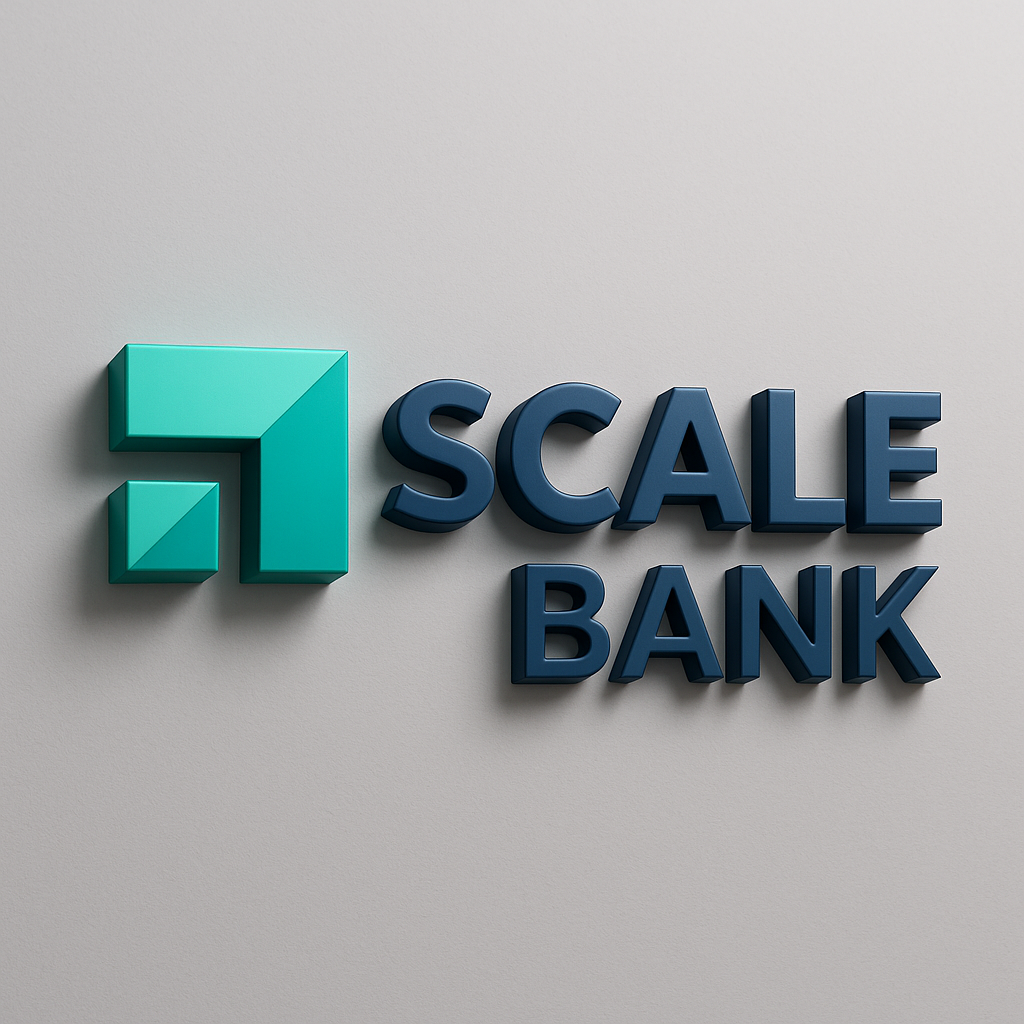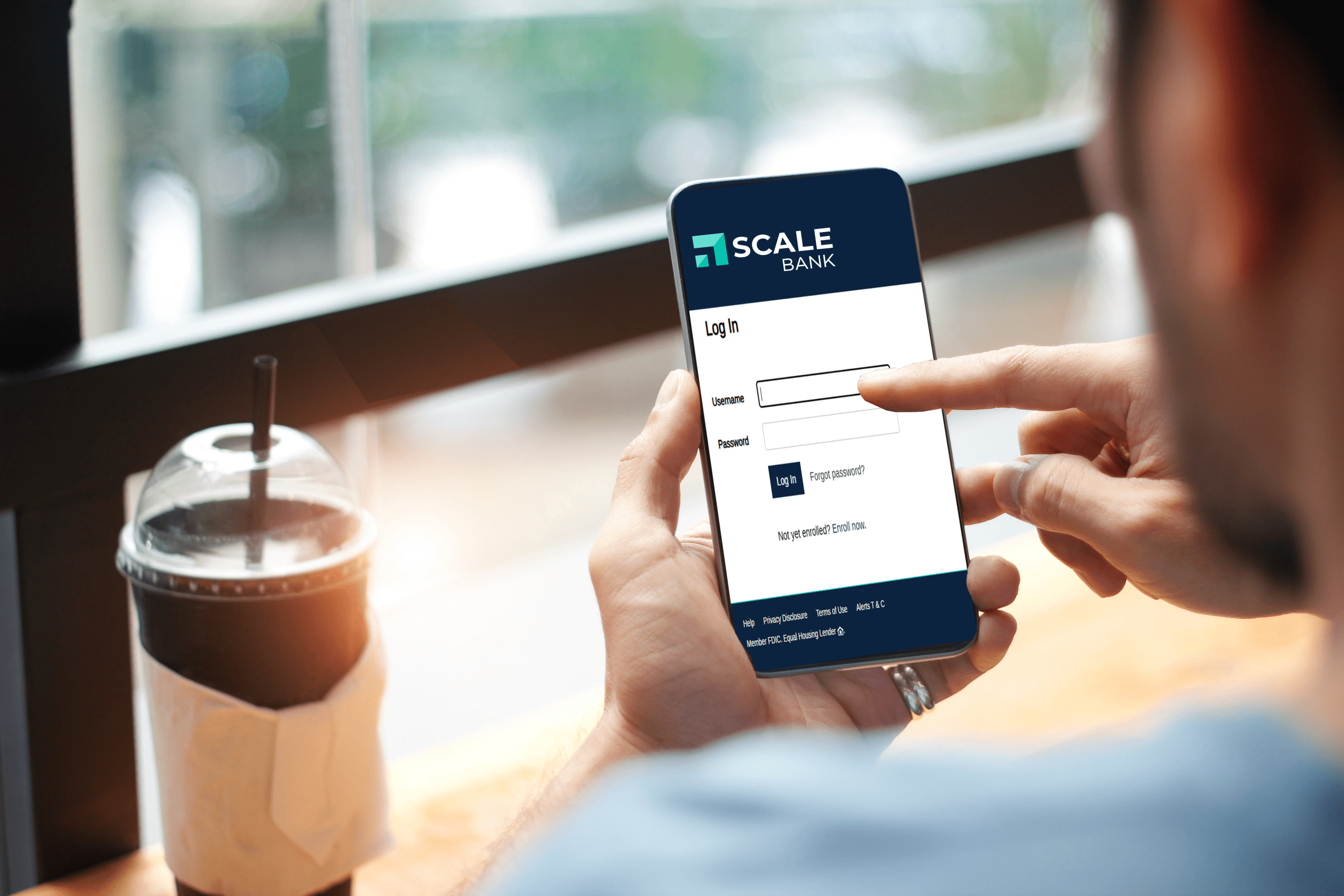
Local vs. National Banks: What Minnesota Businesses Should Consider
By Taylor Lagieski, Business Development Officer
In an era of banking consolidation, rising complexity, and diminished customer care, Minnesota businesses face a crucial choice: partner with a national financial giant or build a relationship with a trusted local bank. This decision isn’t just about where you deposit checks; it’s about the future of your business, your ability to grow, and the kind of service you receive when it matters most.
Local and regional banks play a pivotal role in empowering small and midsize businesses. With deep roots in the communities they serve, they offer a community-focused approach to business banking that makes all the difference.

The Rise in Bank Mergers and What It Means for Your Business
Across the country, national banks are getting even bigger. According to the FDIC, the number of banks in the USA has steadily declined over the past decade, largely due to mergers and acquisitions. Many of these consolidations involve regional and national banks combining operations, often crossing state lines or merging drastically different systems and cultures.
While mergers may make sense for shareholders, they often create serious headaches for customers:
- Customer Service Disruptions: As systems integrate, service standards slip. Clients get shuffled around, accounts are migrated, and long-time bankers disappear.
- Operational Complexity: The use of multiple platforms, policies, and processes can lead to errors, delays, and confusion, particularly for businesses that rely on complex services such as commercial lending or treasury management.
- Employee Displacement: Local bankers lose decision-making authority or exit the industry entirely, resulting in a loss of institutional memory and continuity of relationships.
- Loss of Local Expertise: When decisions get routed to distant offices, you lose the nuanced understanding of the communities they serve, and that can impact everything from loan approvals to product recommendations.
These changes aren’t abstract. They affect how quickly your loan gets approved, how well your business banker understands your industry, and whether you feel like a valued partner or just another account number.
Why Local Banks Are Built for Business Banking
When you bank with a national institution, you’re often stuck navigating a vast bureaucracy. In contrast, local and community banks offer something profoundly different: personalized customer service, deep regional expertise, and agile decision-making that supports your goals.
Here’s what sets local banks apart:
- Relationship-First Service
They know your name. They know your business. And they know what makes your operation tick. Unlike national banks, which rely heavily on automated decision-making and call centers, local banks are built on personal relationships. Bankers sit down with clients, ask thoughtful questions, and take the time to understand what’s next for your business.
Whether you’re opening a new commercial bank account or exploring a complex financing package, you’re working with real people who are invested in your success. - Faster, Smarter Lending Decisions
Need access to capital quickly? Regional banks can move faster, without cutting corners. Their lending teams are empowered to make decisions locally, which eliminates unnecessary layers of approval. These institutions understand the local economy, the regional industries, and the real estate markets, and can evaluate your business based on its actual potential, not just a national template.
This makes a difference whether you’re seeking bank loans near me, lines of credit, or long-term expansion funding. Some of the most responsive commercial lending banks are located right in the Greater Minneapolis area, helping clients secure the right funding at the right time. - Tailored Products and Services
National banks, on the other hand, often offer standardized packages that overlook local market needs. A local bank provides customized solutions for checking accounts, merchant services, treasury management, and more. They also partner closely with small businesses and midsize companies to evolve those offerings as your business grows.
They’re not interested in pushing unnecessary services. Their role is to provide honest guidance and strategic insight, aligning products and services with what’s best for you. - Support for the Local Economy
Every dollar you deposit at a local financial institution strengthens the community. These banks reinvest those funds through loans to local businesses, real estate developments, and neighborhood improvement projects. The impact is exponential: more jobs, better services, and stronger neighborhoods.
By contrast, when deposits go to national banks, they’re often routed to distant cities or used to support multi-billion-dollar initiatives unrelated to your region.
In the Twin Cities commercial banking market, the most community-focused banks are funding companies that employ your neighbors, mentor young professionals, and give back to local nonprofits.
Local Doesn’t Mean Limited

One misconception is that community banks can’t match the capabilities of larger institutions. But modern local banks are remarkably sophisticated. They offer the same level of digital convenience and security, mobile apps, online portals, federal deposit insurance up to $250,000 per depositor, fraud protection, and more, while retaining the flexibility and personal service that national banks can’t replicate.
If you’ve ever felt boxed into a one-size-fits-all model by a national provider, it’s time to explore the alternatives. Local financial institutions are combining cutting-edge tools with a relationship-driven approach that helps businesses scale sustainably.
What to Look for in a Local Bank
Not all banks that offer business loans are created equal. If you’re evaluating a switch from a national provider, consider these factors:
- Responsiveness: Does your banker answer the phone, or do you get routed to a generic call center?
- Decision-Making: Are credit decisions made locally by people who understand your market?
- Customization: Will the bank tailor services to your needs or push you into a corporate bundle?
- Community Presence: Does the bank support the local economy through loans, partnerships, or volunteerism?
- Track Record: Does the institution have decades of experience serving your region?
As you explore your options, these questions will help you identify a bank that isn’t just a vendor, but a true partner.
The Right Bank Can Help You Scale
Now more than ever, the gap between local and national banking is widening. Consolidation, automation, and cost-cutting have created an experience at many large institutions that feels distant and generic. But it doesn’t have to be that way.
There are Greater Minneapolis banks offering a different experience, one rooted in trust, expertise, and local insight. If you’re a Minnesota business looking for real answers, not runarounds, it’s time to rethink who you bank with.
That’s precisely what we do at Scale Bank.
We’re a next-level business bank based in the Twin Cities, combining modern tools with relationship-first service. Whether you’re opening a commercial bank account, securing financing, or exploring treasury solutions, we’re here to help. We know what it takes to grow, and we’ll walk alongside you every step of the way.
Ready to scale up? Let’s talk.


Taylor Langieski is a Business Development Officer at Scale Bank, where he helps privately held companies across Minnesota manage growth and cash flow through tailored, relationship-driven financing solutions. He focuses on sourcing opportunities in Commercial Lending, Treasury Management, and Merchant Services, maintaining a robust portfolio of mid-market businesses with revenues between $10 million and $100 million.
Taylor Lagieski
Business Development Officer




